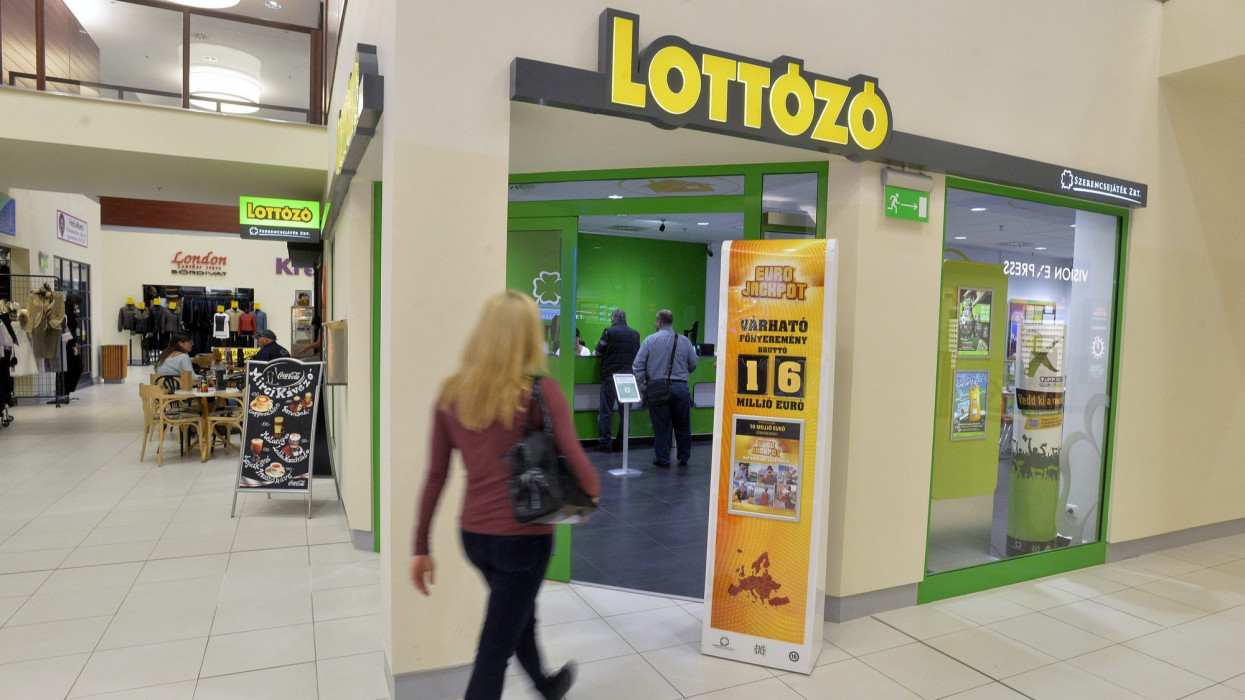Millions of jobs already created, and billions of euros invested: that is what the bio-based industries are all about. Furthermore, it is proof that the Bio-Based Industries Joint Undertaking, a partnership between the European Union & the private sector, is effectively acting as a catalyst for sustainable bio-based industries in Europe.
In Europe every year, millions of tonnes of sugar beet pulp are only re-used as low-value products like animal feed and fertilizer, or are processed into green gas. However, thanks to new cutting-edge extraction techniques, this pulp can now be transformed into high-value components used in sports equipment, automotive parts or even in the aviation industry, increasing its current worth by up to 50 times! This is not a distant dream, but the concept of the very real PULP2VALUE project: 1 of 65 highly innovative projects funded by the €3.7 billion-worth Bio-Based Industries Joint Undertaking, aimed at a more sustainable, environmentally friendly growth.
At a time when demands for greener products and a more circular economy are ever growing, bio-based industries in many ways hold the key to our European future. Not only will they massively contribute to decarbonisation and the reduction of our fossil-based dependence through a better and more efficient use of local natural resources; in doing so, they also hold a vast economic potential. In 2014, the bio-based industries already employed 3.3 million people in Europe, a number set to grow even further with the expected creation of an extra 400,000 skilled jobs by 2020 – 80% of which will be in rural areas! On top of that, the exploitation of by-products and crops like thistles, dandelions and flax will allow farmers across Europe to diversify and grow their income, as well as boost the development of local economies.
“As confirmed in the independent interim evaluation report produced by an independent group of experts for the European Commission, the BBI JU is successful in bringing together actors from different countries and different sectors, combining knowledge and joining forces to attract consistent private investment”, Bio-Based Industries Joint Undertaking Executive Director Philippe Mengal declares. “By the end of 2016 already, every euro invested by the EU was leveraging €2.6 of private investment: proof that the BBI JU is actively boosting European economy.”
The BBI JU was created with the aim of acting as a catalyst for the development of a bio-based European economy. Central to this is the biorefinery – scaling up novel bio-based processes to treat all kinds of organic waste and side-streams & transforming them into high value products and ingredients. In order to fulfil its mission, it is crucial for the BBI JU to keep promoting research and innovation across whole value chains, overcoming fragmentation and bringing together key stakeholders to further de-risk investment, ultimately establishing and organising new value chains and allowing for the creation of innovative and new sustainable business models.
“We are key to shaping the bio-based sector as a business community which provides the basis for a strong bio-based economy in Europe. At our Stakeholder Forum in The Square Brussels Meeting Centre on 7 December, we will bring that community together to share best practices, look towards the next phase in the initiative and witness the work of the projects already begun.”, Philippe Mengal concludes. “It is only by joining public and private forces that we will be able to turn Europe not just into a pioneer but the worldwide leading player in all things bio-based, allowing us to conquer a global market share… On the way to creating sustainable competitiveness for Europe, and value for its citizens."
About BBI JU
The BBI JU is a public-private partnership (PPP), part of the EU's plan to move its economy to a post-petroleum era. It is expected to help make the EU's economy more resource-efficient and sustainable, while supporting growth and employment. The BBI JU is dedicated to realising the European bioeconomy potential and contributing to a sustainable circular economy, by turning biological residues and wastes (from agro-food, forestry and municipal sources) into greener everyday products, through innovative technologies and biorefineries. €3.7 billion will be the total contribution to the BBI JU initiative between 2014 and 2024, with €975 million coming from the European Commission and €2.7 billion from its private partner, the Bio-based Industries Consortium (BIC).
For more information and to register for the BBI JU inaugural Stakeholder Forum in Brussels on 7 December, please visit: https://bbi-europe.eu/events/bbi-ju-stakeholder-forum-brussels.
For more information about BBI JU's mission & objectives, please visit: http://www.bbi-europe.eu/.







